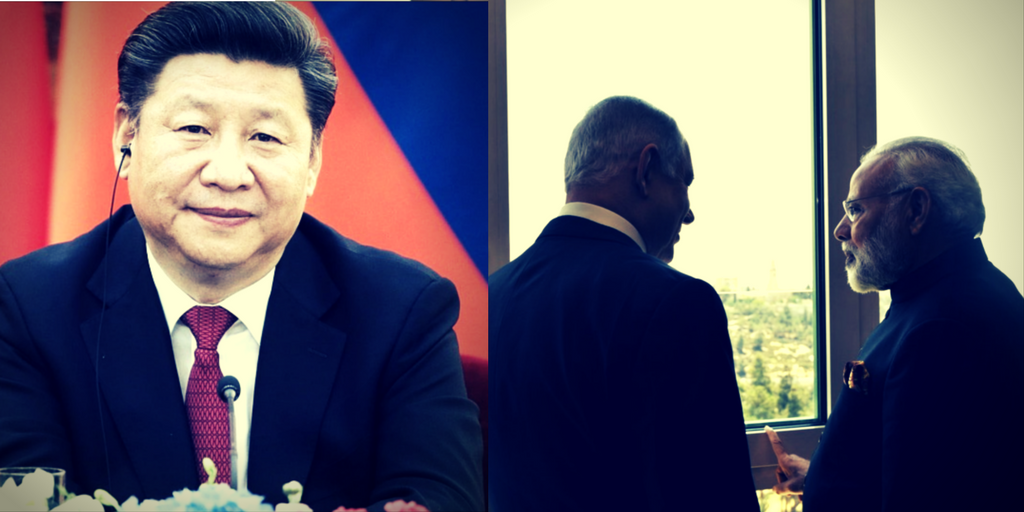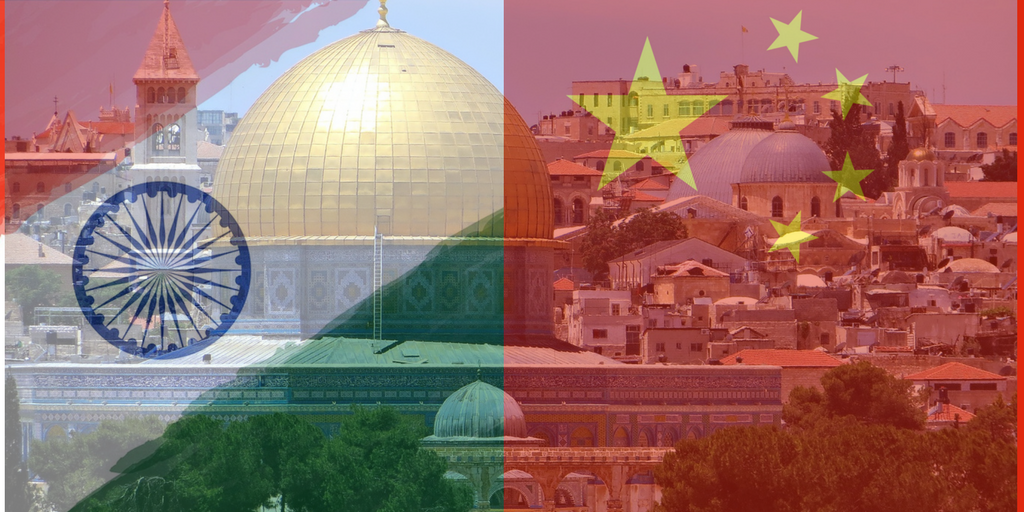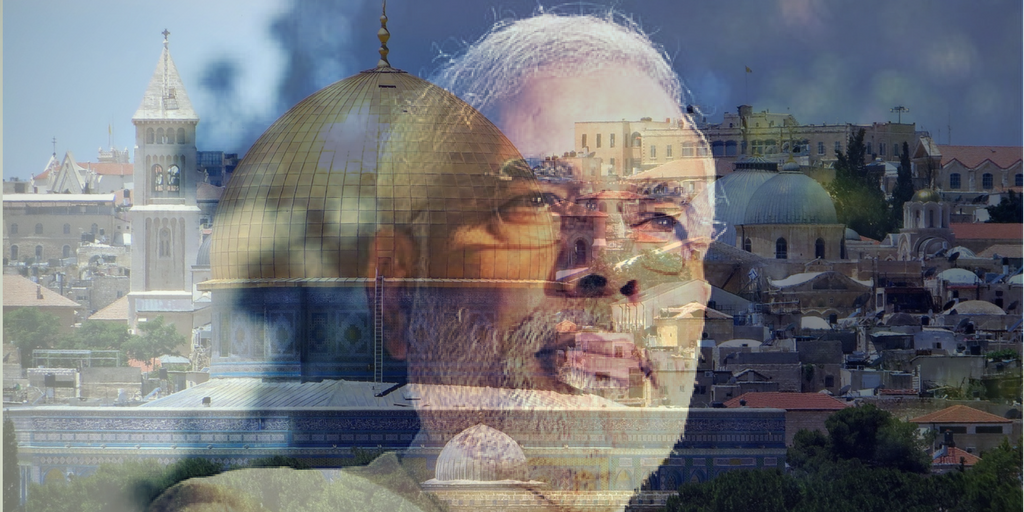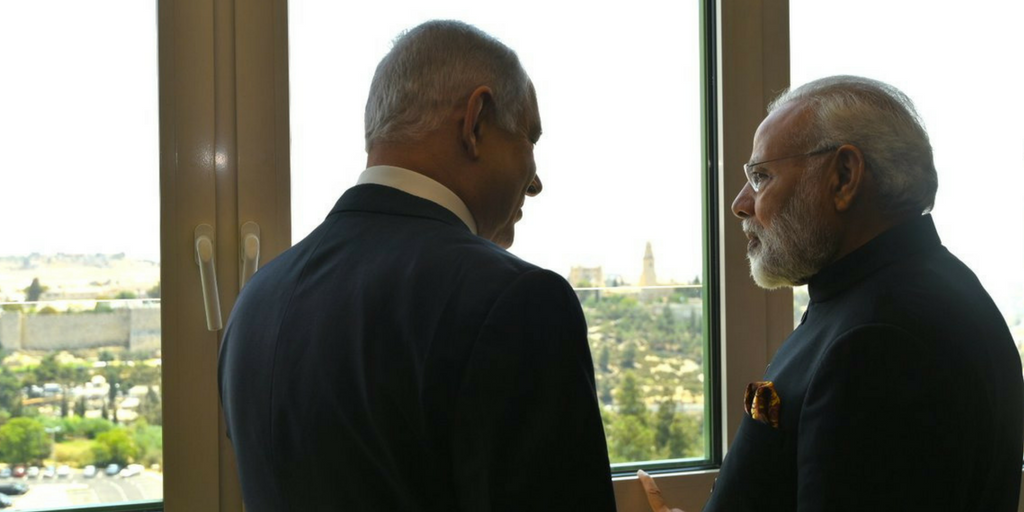The standoff between India and China in the Doklam plateau has now expanded past two months with increasing signs that a full-scale war cold break out between the two countries. The area in question is a small piece of land in dispute between China and the small mountain kingdom Buhtan in the Himalayas.
Given the strategic location of Doklam, resting near to India’s Siliguri corridor, the dispute has drawn in the Indian army on the side of tiny Bhutan. Yet, there is more to the maneuver. China has been a thorn in India’s side ever since it decided to boost Pakistan’s armed forces. As the dispute between India and Pakistan over Kashmir continues to simmer, China’s move is seen with great apprehension by India.

Map of conflict zone.
More than this, China’s regional ambitions in both the Himalayas on its Southwestern border and the South China Sea to its Southeast have begun to draw in multiple powers concerned with Chinese expansion. It is not secret that Modi in India and Trump in the USA have an open and friendly relationship. This relationship between India and the USA is important in rolling back Chinese expansionism.
Will There Be War in the Himalayas?
With tensions rising between China and India over the Doklam, many pundits believe that war is inevitable, but there is another possibility and that China is far weaker than most believe. This is where the bravado of Narendra Modi comes in. Understanding the Chinese mentality of never entering a war it is not assured of winning is the key to pushing back against Chinese imperialism.
“Security is our top priority,” Modi said in a speech before thousands at the landmark Red Fort in New Delhi as the country marked the 70th anniversary of the end of British colonial rule.
“Be it the sea or the borders, cyber or space – in all spheres, India is capable and we are strong enough to overcome those who try to act against our country,” the Hindu nationalist leader declared.
Bhutan Will Not Be Another Tibet
The Chinese government will only subjugate those it knows are weaker. We saw this in the 1950’s when the Chinese conquered a weaker Tibet and still occupies the country. In fact it is from Tibet that the Chinese are moving against Bhutan.
With India on the rise regionally and globally, China has limited options in the region. Bhutan wisely asked the Indian government to enter the kingdom on their behalf and doing so scrambled China’s strategy of preying on a weaker neighbor.
If Modi’s gamble similar to Trump’s on the Korean penninsula works, it reveals that the Chinese will only go so far in the current global turbulence to attain their goals.
Israel in the Middle
With Israel and India upgrading their relationship to that of a strategic partnership, Israel effectively placed itself in the middle of India and China. Yet, the upgrade itself is an indicator that Israel has perhaps begun to view what was once seen as a strategic realignment with China as little more than an economic move. The growing Indian, Israel, and US alliance may prove formidable in pushing back an ascedent Russia and China in the future.
Israel is now the lynchpin towards a growing realignment in the region by way of its contacts, intelligence, and technology. These relationships throughout Africa, Kurdistan, central Asia, and India have the potential for reshaping a post unipolar world.






